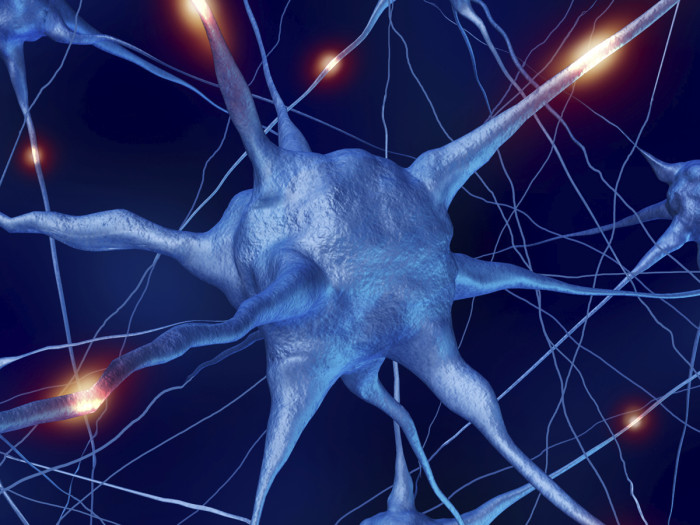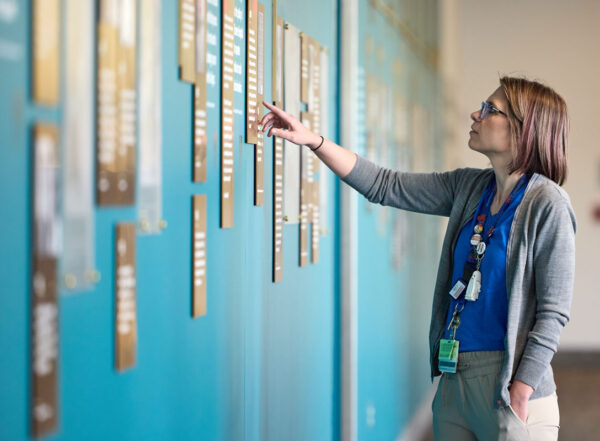New center studies infection and autoimmunity in central nervous system
Washington University’s new Center for Neuroimmunology and Neuroinfectious Diseases focuses on disorders of the spinal cord and brain

Washington University School of Medicine in St. Louis has established a first-of-its kind multidisciplinary center for studying immunological and infectious disorders of the spinal cord and brain. Bringing together clinicians and researchers, the ultimate goal of the Center for Neuroimmunology and Neuroinfectious Diseases is to promote outstanding patient care and advance research in this challenging clinical area.
“Not only is our ability to access these parts of the body very limited, all the rules of infection and immunity also are different in the central nervous system,” says co-director Robyn Klein, MD, PhD, associate professor of medicine, of neurobiology and of pathology and immunology. “For example, one weapon the immune system often uses to fight infection is inflammation, but that involves tissue swelling, which can cause serious harm in the central nervous system.”
The center’s work includes research, research training and development of novel diagnostic and treatment approaches. Members include faculty from the departments of medicine, infectious diseases, radiology, molecular microbiology, neurology, pathology, and pediatrics.
Research interests
- Using new scanning techniques to analyze immune attacks on the central nervous system in patients with multiple sclerosis and other autoimmune disorders of the central nervous system
- Investigating the immune system’s response when viruses such as West Nile virus or Japanese encephalitis viruses get into the brain
- Developing new ways to identify the microbes that cause central nervous system infections
- Understanding the roles that specialized brain support cells called microglia play in infections and in neurodegenerative conditions
- Finding new ways to image and study neurological diseases associated with HIV infection
- Identifying the contributions of specific types of immune cells to inflammation in the brain and spinal cord
- Uncovering the links between traumatic brain injury, inflammation and cognitive impairment








